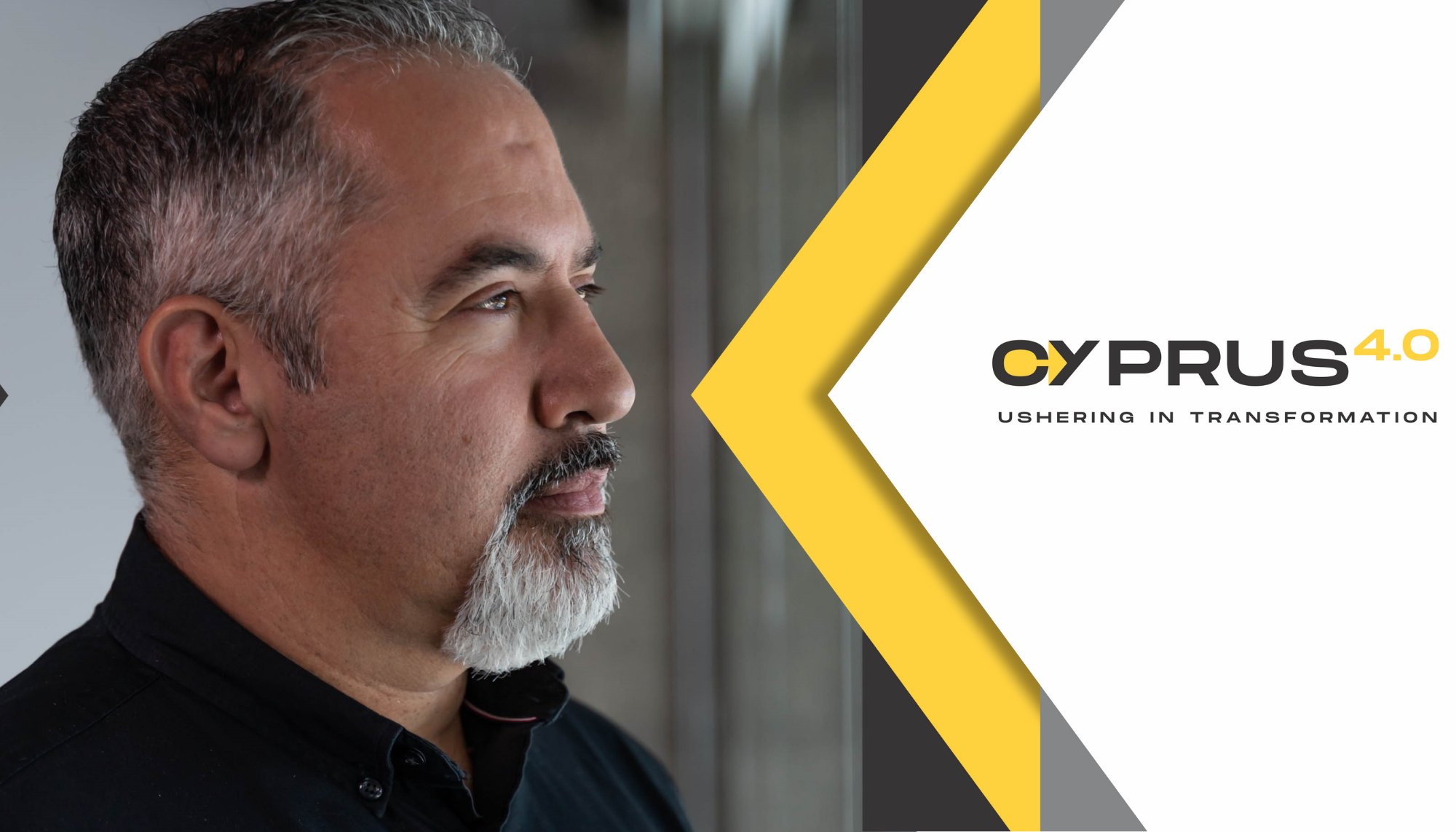“For instance, if we are looking for a Full Stack Developer, as a minimum we generally seek candidates that have several years of demonstrable hand-on experience in building SaaS solutions and are proficient in numerous programming languages. However, we are also looking for individuals that are a good cultural fit – people that are passionate and willing to put in the work, even when things get difficult. It can be difficult to find candidates with the right combination of hard and soft skills, but it is very rewarding when we find people that strike the right balance.”
First, without getting into specific sector needs, what are the overall needs of your company? I know that you do a great deal of training once you hire developers, but can you source your candidates easily?
“At Soffos, we are proud to have built a strong team of world-class AI developers. As a company, we are always on the lookout for ambitious, driven developers
that can create truly innovative products – but, most importantly, that are also keen to throw their support behind our mission and values. Needless to say, at times it has proven challenging to find candidates that are a perfect fit.
“For instance, if we are looking for a Full Stack Developer, as a minimum we generally seek candidates that have several years of demonstrable hands on experience in building SaaS solutions and are proficient in numerous programming languages. However, we are also looking for individuals that arena good cultural fit – people that are passionate and willing to put in the work, even when things get difficult. It can be difficult to find candidates with the right combination of hard and soft skills, but it is very rewarding when we find people that strike the right balance.”
Can smaller companies struggle to meet developer demands?
“It is true that with smaller budgets, SMEs can struggle to meet developers’ demands, particularly when you compare the financial perks that can come with working in a larger and more established tech company. One key advantage that smaller businesses do have, however, is the ability to deliver more tailored personal benefits. Indeed, while a competitive salary is important, developers will not always be won over by financial incentives when other opportunities are on offer: some may be more interested in clear career progression and the ability to learn from leaders in their field, while others will crave the freedom to experiment with their own projects during work hours.
“We try to cater to these often overlooked but equally important considerations here at Soffos.ai. For example, some of the best developers we have worked with are motivated by seeing their work make a difference, which is why our projects will always remain purpose-driven and open to contributions.
“To encourage innovation and entrepreneurship, we also recently launched a new internship programme, aimed at post-grad students or postdoc scholars who want to build their own disruptive startup one day. We are offering people the opportunity to join us in building our next-gen EdTech platform and get involved with various aspects of our business – from our product development and sales teams, to liaising with our board advisors and VCs.
“This is a solution that works for all: not only will our interns benefit from exposure to different areas of the business and put their knowledge into practice, but we also get to tap into invaluable insights that they have gained from years of in-depth study and research. With luck, this partnership will allow us to be more creative when it comes to developing novel solutions and helping to empower the next generation of tech leaders.”
Should the government take action to help attract more and better developers?
“In recent years, positive steps have been taken to drive digital innovation, particularly with new financial support packages being unveiled. In 2020, for instance, Cyprus established the Deputy Ministry of Research Innovation and Digital Policy to promote, guide and develop digital transformation. All being well, this will serve to inspire and facilitate the growth of new tech businesses, while attracting high-skilled developers to the sector.
“However, there are still longstanding funding gaps that could serve to deter foreign skilled workers or stunt the ambition of domestic talent. Deep tech innovations in particular require long-term and sustainable financing, given their riskier and capitalintensive nature. The Government must be prepared to funnel more public resource into this growing industry; doing so would ensure Cyprus can compete as a technology hub within the global marketplace. “Most importantly, we must build a nurturing and supporting environment where forward-thinking entrepreneurs can be confident that they have the tools and support they need to launch and scale a business. Government support schemes and grants should form part of this, but a holistic approach should also involve creating networking and mentorship programmes that will allow our innovation hub to grow.
“After all, the deep tech revolution is already here in Cyprus – now we just need to lay the framework to support it.”






Click here to change your cookie preferences